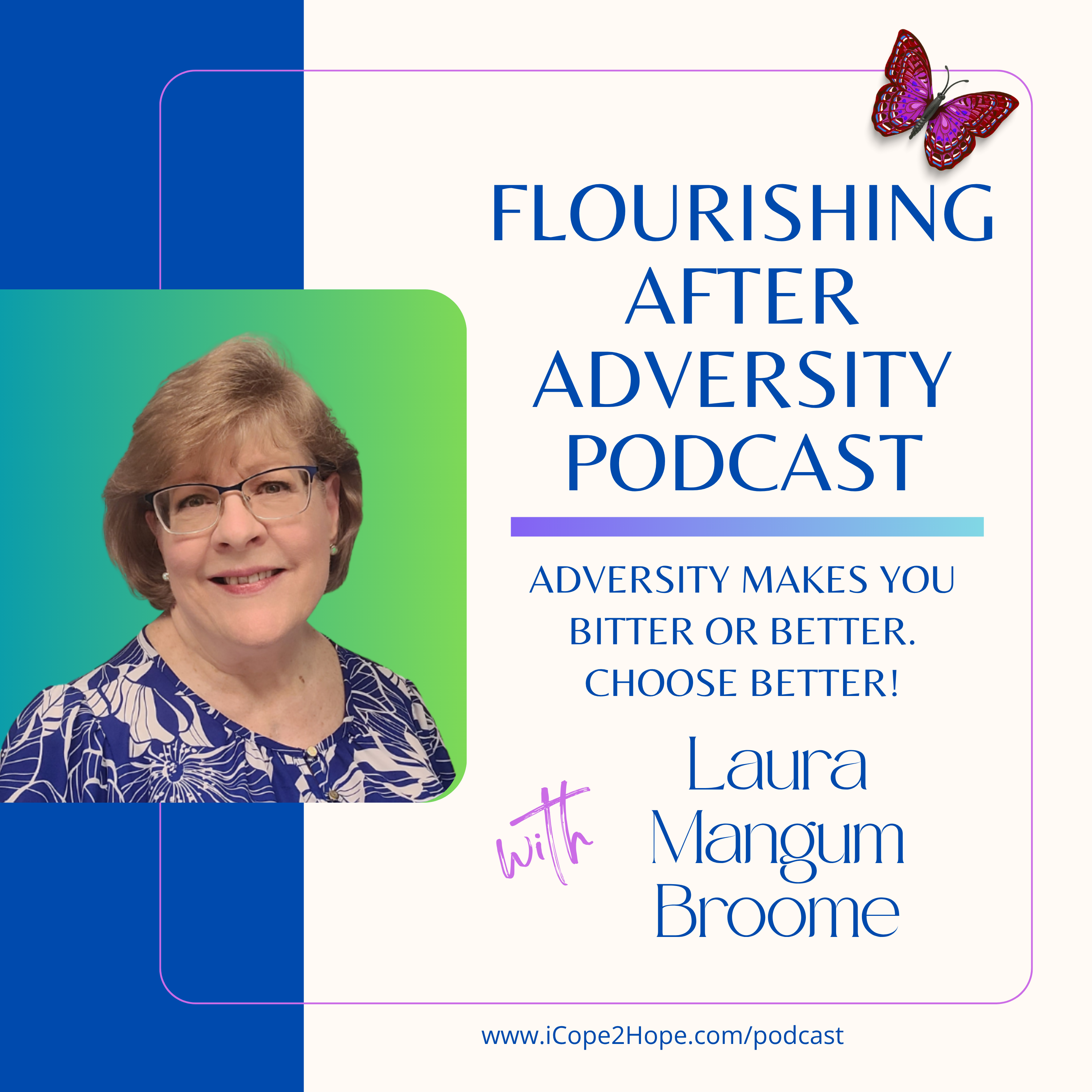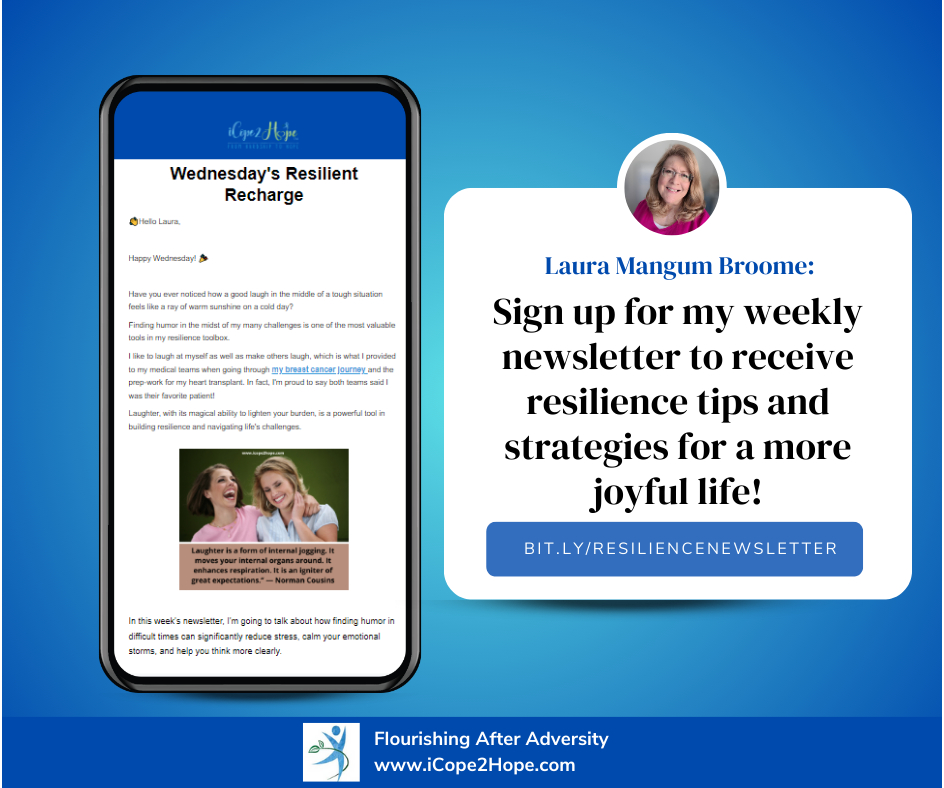Resilience in the Rearview: What Your Bad Days Are Teaching You

Sometimes, looking back shows you just how far you’ve come.
Have you ever driven home after a long, frustrating day, stared into your rearview mirror, and thought: “What even happened today?”
Maybe you snapped at someone you love.
Maybe you dropped the ball at work.
Maybe you just felt off all day for no reason at all.
We all have days like that—days that feel like a blur of mistakes, emotions, and exhaustion.
But what if those bad days weren’t failures?
What if they were feedback?
Let’s talk about the power of looking in the rearview mirror—not to dwell in the past, but to recognize the strength you didn’t realize you were using.
The Rearview Mirror Metaphor
When you're driving, the rearview mirror gives you perspective.
You can see what’s behind you.
You notice what’s coming up close.
And sometimes, you realize: You’ve already gotten through the worst part of the traffic.
That’s what everyday resilience looks like.
It’s not always obvious while you’re in it.
But looking back can show you how much strength you actually had—even on the days when you felt weak.
What Bad Days Teach You (If You Let Them)
None of us enjoy bad days.
They leave you feeling:
-
Ashamed
-
Exhausted
-
Disconnected
-
Doubtful
But bad days are also truth-tellers.
They reveal:
-
What still hurts
-
What matters most
-
What boundaries need adjusting
-
What’s working (and what isn’t)
They’re like little reports from your soul, saying, “Something needs attention.”
And when you learn to read that report?
That’s when you grow.
Why We Avoid Looking Back
Many women in midlife were taught to just “keep going.”
-
Don’t complain.
-
Be grateful.
-
Stay strong.
So we push forward without ever pausing to ask:
-
What did that experience teach me?
-
How did I grow from that?
-
What needs to change moving forward?
But without reflection, we miss the wisdom in our own story.
Think of it this way:
If your GPS rerouted you during a roadblock, wouldn’t you want to know why—so you could avoid it next time?
Reflection isn’t indulgent. It’s intelligent.
It’s how resilient women make better choices, set stronger boundaries, and recover more quickly next time.
What Resilience in the Rearview Looks Like
It’s not dramatic.
It’s not about bouncing back in a blaze of glory.
It’s about noticing the small wins that happened when you weren’t even trying to be strong.
Here’s what that might look like:
-
You cried, but you didn’t give up.
-
You asked for help—when the old you would’ve stayed silent.
-
You made a mistake—but owned it instead of spiraling in shame.
-
You showed up for someone, even while your heart felt heavy.
-
You kept a boundary, even though it felt uncomfortable.
-
You made it to the end of the day—without numbing out or breaking down.
Those are not failures.
They are signs of quiet, real-world resilience.
You’re doing better than you think.
My Own Rearview Moment
A few years ago, I had a string of rough days in a row. I was juggling grief, my health, financial stress, and caregiving—all while trying to act like everything was fine.
Then one afternoon, I completely forgot a meeting I had scheduled.
I was mortified. I'm usually on top of my schedule.
The old version of me would’ve spiraled:
“You’re so unprofessional. You’re losing it. You’re not cut out for this anymore.”
But instead?
I paused. I looked back at the week I’d just lived through.
And I said to myself, “No wonder you forgot. You’ve been carrying so much.”
I called my colleague, took responsibility, and rescheduled our meeting. Then, I gave myself the grace I would’ve given anyone else.
And in that moment, I realized—I had grown.
That was resilience.
Not perfection. But recovery.
3 Ways to Learn From Your Hard Days
Here’s how to use your rearview mirror to reflect—and recover:
1. Ask Gentle Questions, Not Harsh Ones
Most of us default to shame-based questions after a bad day:
-
“What’s wrong with me?”
-
“Why can’t I handle this?”
-
“When will I finally get it together?”
But what if you asked:
-
“What did I need today that I didn’t give myself?”
-
“Where did I show up, even when it was hard?”
-
“What would I say to my best friend if she had the same day?”
Reflection should be curious, not critical.
2. Write Down the “Invisible Effort”
At the end of a tough day, list everything you did that took emotional energy.
You might write:
-
“I returned that call I’d been avoiding.”
-
“I bit my tongue instead of escalating a fight.”
-
“I held my tears until I had privacy.”
-
“I got out of bed, even when I didn’t want to.”
That list might surprise you.
It’s not about productivity.
It’s about recognizing the effort beneath the surface—the work no one else sees.
3. Choose One Tiny Tweak for Next Time
After reflecting, ask:
What’s one small change I can make tomorrow that honors what I learned today?
Examples:
-
Going to bed 30 minutes earlier
-
Turning off notifications after dinner
-
Saying no to a commitment that doesn’t fit your energy
-
Scheduling quiet time—even 10 minutes—for yourself
This isn’t about overhauling your life.
It’s about adjusting the dial.
A Reminder You Might Need Today
You don't have to turn one bad day into a bad week.
You just have to learn from it.
Reflection doesn’t change the past.
But it does shape your future.
And the more you look back with grace, the more clearly you’ll see your strength.
Journaling Prompts: Use the Rearview Mirror
These prompts can help you gently reflect after a hard day:
-
What felt especially hard for me today?
-
Where did I show strength—emotional, physical, or relational?
-
What is this day trying to teach me about what I value?
-
What’s one thing I can let go of moving forward?
-
What do I want to remember the next time I feel this way?
Write without judgment. Let your answers breathe.
Reflection Is a Resilience Practice
The next time you feel like the day got away from you—pause before you self-criticize.
Use your rearview mirror.
Look back not with shame, but with curiosity.
Ask:
-
What am I carrying?
-
What did I survive today?
-
What does this experience want me to notice?
You’ll start to see patterns. And you’ll begin to feel more equipped—not perfect, but present—for what comes next.
You Are Stronger Than You Remember
Resilience isn’t about skipping hard days.
It’s about honoring how you show up—even in the mess.
It’s seeing yourself clearly in the rearview mirror and whispering:
“I didn’t realize it at the time—but I was strong today.”
And tomorrow, you will be again.
Want to Talk Through Your "Rearview"?
If you’re processing a hard season or string of heavy days, I’d love to help you lighten your load.
Click here to schedule a free 15-minute call and let’s talk about what your resilience might be trying to show you.
You can do this!
Grab Your Free Guide!
The Reframe the Spiral: 5 Coping Strategies to Shift Negative Thoughts & Reclaim Your Day workbook walks you step-by-step through 5 proven mindset strategies to help you stop negative thoughts in their tracks and reconnect to your strength. You'll learn how to:
- Stop letting your inner critic lead your day
- Discover clarity despite chaos
- Calm intense emotions
- Rebuild your self-trust and confidence
- Create a plan for real possibility
Stay connected with news and updates!
Join our mailing list to receive the latest tips and proven coping strategies to strengthen your resilience. You CAN turn obstacles into opportunities and flourish in life.
We hate SPAM. We will never sell your information, for any reason.



